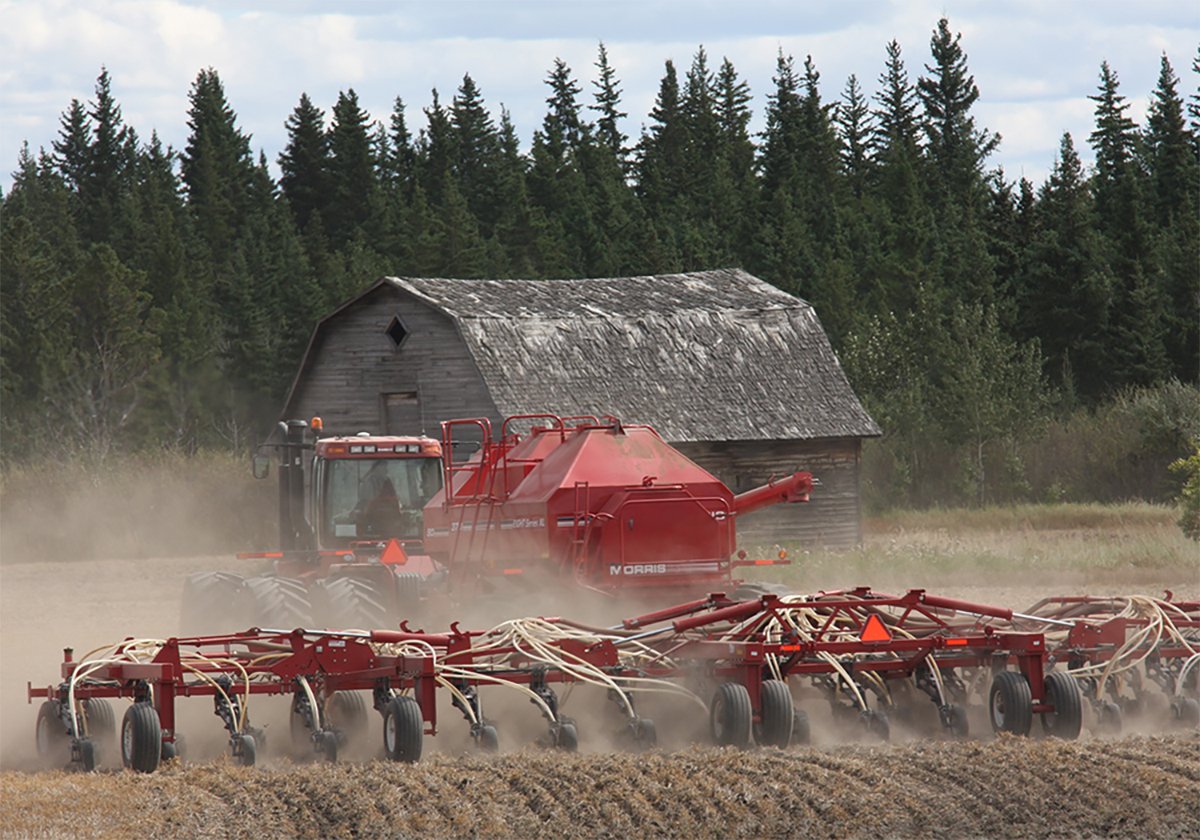A moratorium on new or expanded hog operations in Manitoba could see investment going Saskatchewan’s way.
Harvey Wagner, manager of producer services for Sask Pork, said it’s a case of certainty versus uncertainty.
“The premier and minister of agriculture have said quite clearly that the hog industry in Saskatchewan has an important role,” Wagner said.
In contrast, he added, the Manitoba government implemented a moratorium that isn’t based on supportable science.
“We agree with our Manitoba cousins on that.”
It’s not known when the moratorium might be lifted.
Read Also

Seeding conditions look good for U.S. winter wheat crop
SASKATOON — Seeding conditions are near ideal in the hard red winter wheat growing region of the United States, says…
Wagner said the advantages Saskatchewan can offer investors looking for places to construct new barns include a geography and water drainage system different from that in Manitoba.
There is a lot of land in Saskatchewan that has to be fertilized, he added, and manure from hog production is a high quality byproduct that is readily available.
Studies continue to show the benefits of properly applied manure.
Wagner said Saskatchewan also has access to feed grain and labour. Although the province has labour challenges, they don’t compare to those in Alberta, he added.
Similarly, competition for feed grains isn’t as intense.
The state of Saskatchewan’s processing sector is one concern for new or expanding hog operations.
Maple Leaf Foods has decided not to proceed with a $110 million plant in Saskatoon and intends to close its existing plant there within three years. The plant is the only major slaughterer in the province.
Another smaller plant in Moose Jaw is closed after an extensive court-supervised restructuring failed.
Wagner said the lack of a Saskatchewan slaughter plant probably means new hog operations would be built at the edges of the province where they would be closer to markets. The east side is most likely, he added.
However, he also said barns must be built where it makes the most sense environmentally.















